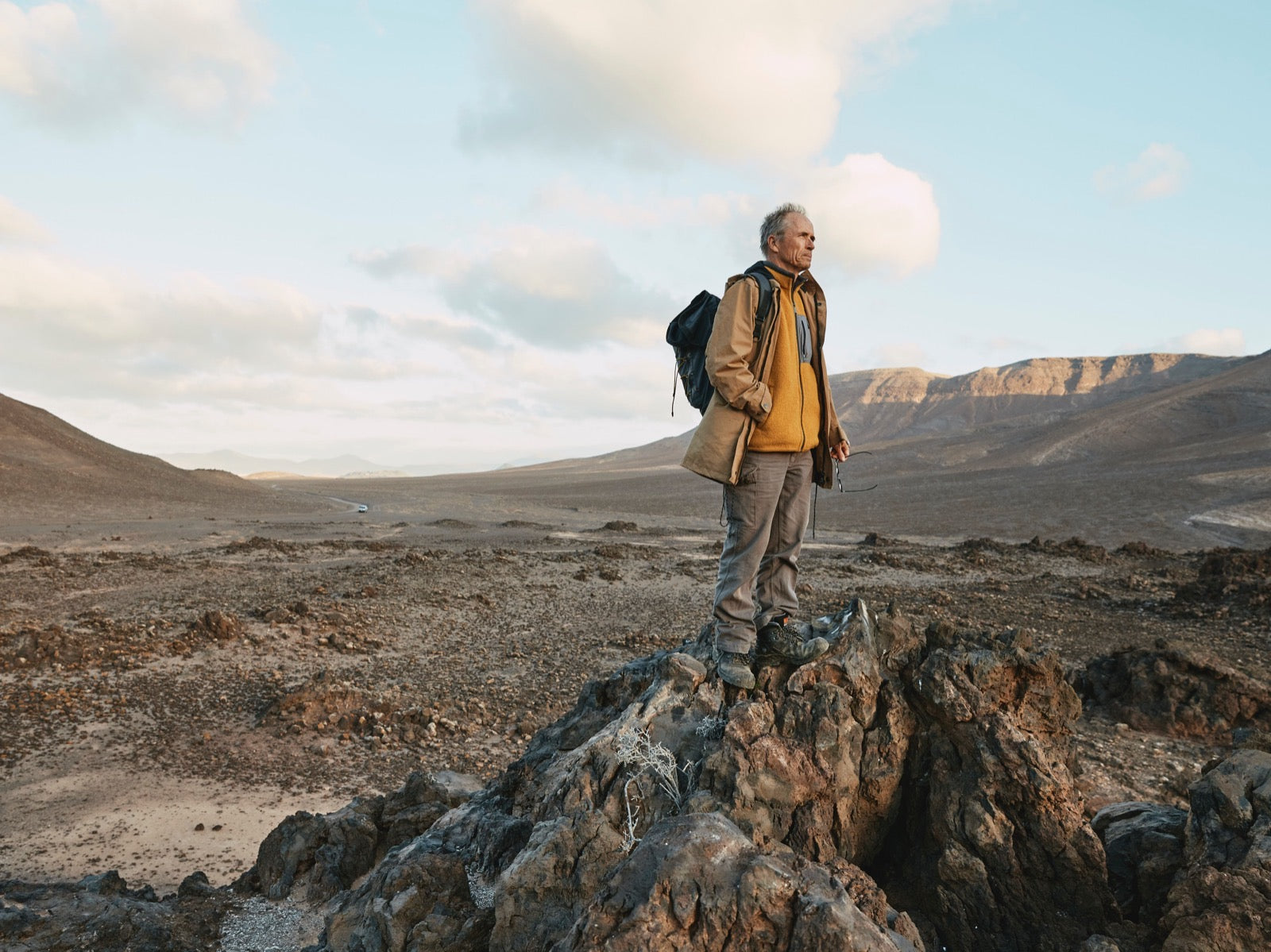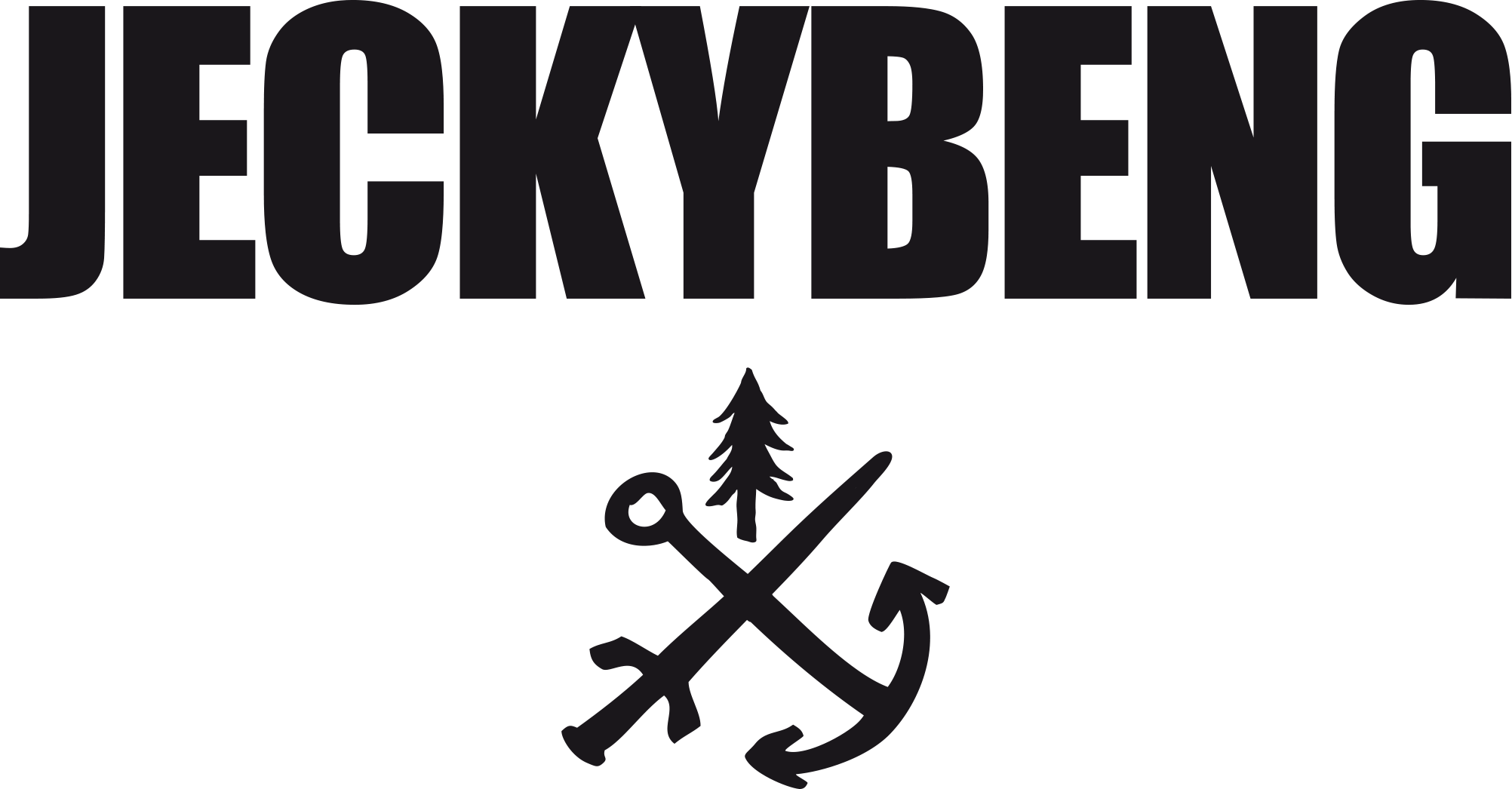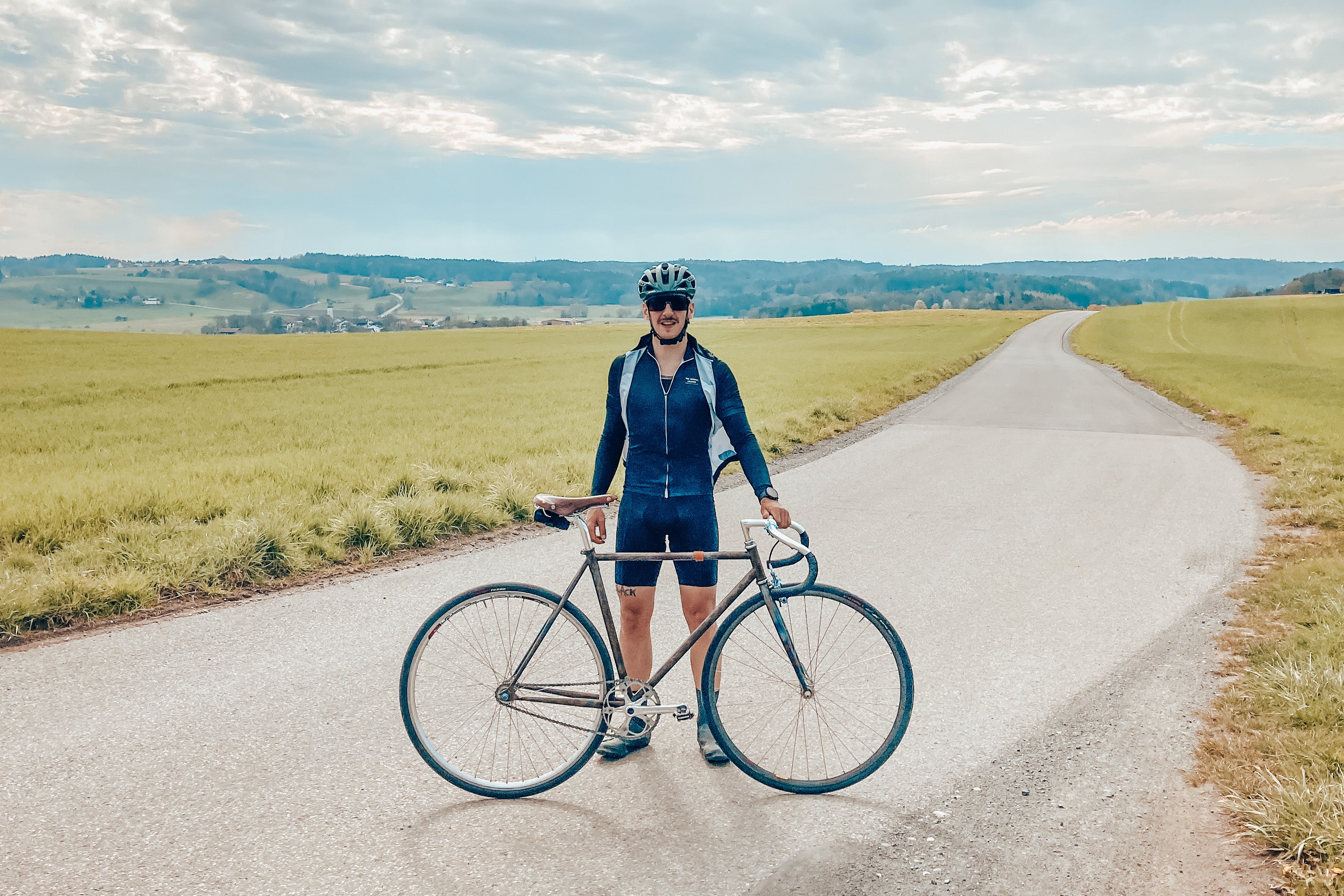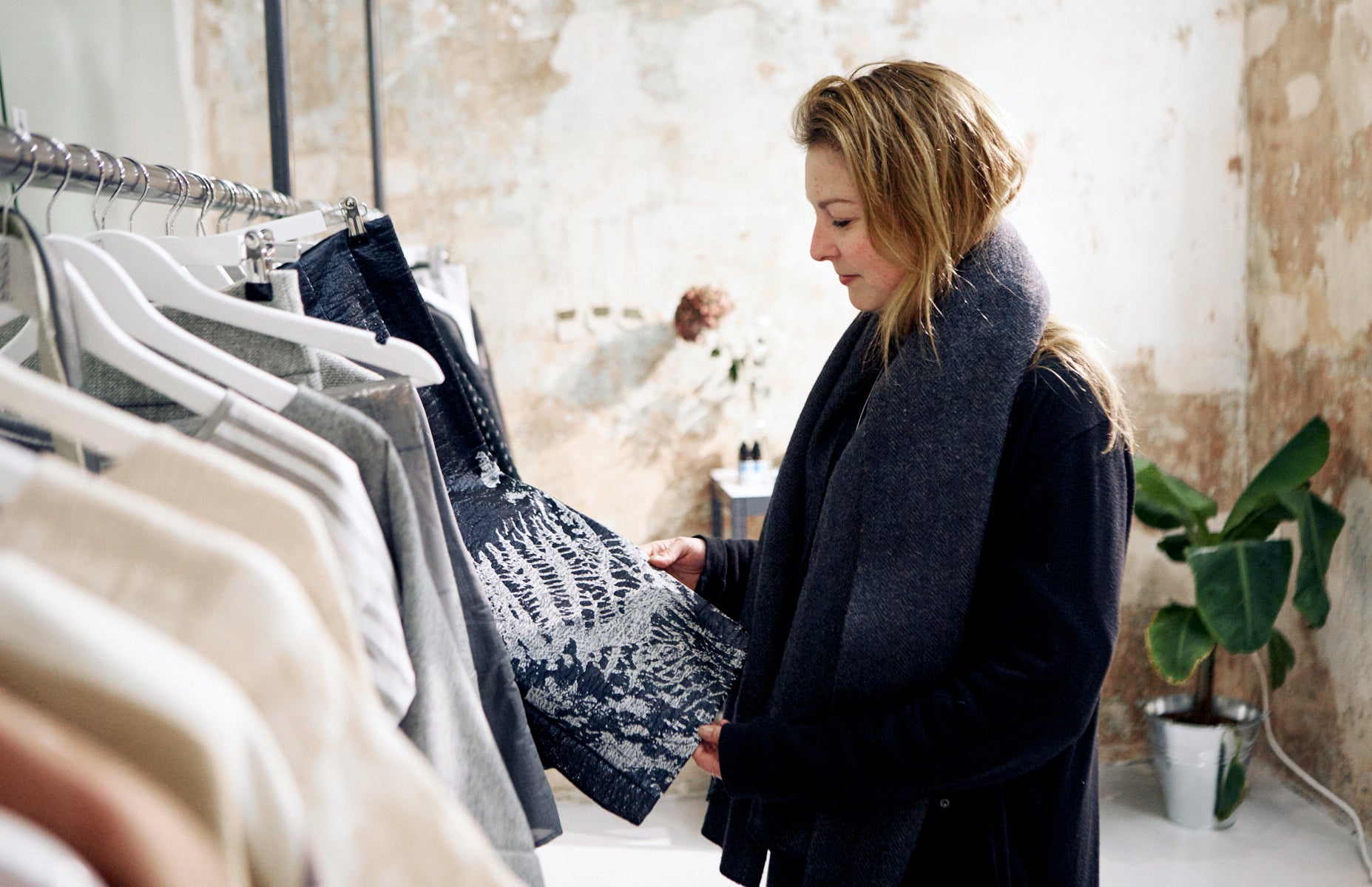
Interview with the permaculture designer Rico Horn
All photos by Robert Schlossnickel
JB: Can you briefly introduce yourself?
RH: Georg Friedrich Horn. I am called Rico.

JB: How did you become a permaculture designer?
RH: This development started in the 80's in the Canary Islands and is moving towards agroecology in a very natural way.
JB: Tell us a little bit about your birthplace Tenerife
RH: Tenerife is a stunningly beautiful island. On it you can experience tropical, subtropical to high alpine climates in one day. Swim at the sea in the morning, then up into the mountains including a snowball fight and then back to the beach to thaw out.
It is one of the blissful islands. This is how they were described by the conquistadors. A paradise with friendly, proud native people.
That was over 500 years ago and a lot has happened since then. Today many of the traditional farming methods have been forgotten and few people still work in agriculture. This is eroding, and the extent to which the landscape is being devastated by soil erosion is difficult to quantify. However, it is between 15 and 50 tons per year and hectare.

Today the islanders mainly depend on tourism (13-14 million tourists annually before Covid). That hurts. This development jeopardizes the future of future generations.
Covid has shown us in the Canary Islands what it means to have tourism as the main source of income and to have practically no farming of your own.
JB: What project(s) are you currently working on?
RH: Here in Hamburg I coordinate a network of urban gardens. Among other things, one that is very important to me: the “marble garden.” A climate garden that is being developed in St. Georg in cooperation with the city of Hamburg. In this scaled agroforestry system, we show how climate change can be creatively dealt with on your own doorstep.

On the Canary Islands I'm also there with a lot of energy. Very focused on Fuerteventura at the moment. Together with my wife Celine, I advise various fincas as well as the island's government. We devote our attention to the issue of soil fertility and the restoration of the agricultural landscape. But art and nature are also connected in a natural way.
I feel like I'm conveying good news: the desert can be greened, the devastation stopped and the approaches conveyed are therefore also suitable for grandchildren!

Otherwise, I advise international projects on the Spanish mainland, the Canary Islands, Egypt, Mauritius, Tanzania and Bolivia.

JB: Where do you see yourself in 5 years?
RH: I see my family and I living on a piece of land. Protected from speculation and where what we are doing now can be further developed - place of learning and intercultural meeting place can be handed over for grandchildren.
JB: What makes you happy?
RH: Sticking my fingers in the ground!

JB: What does a typical day in Rico Horn's life look like?
RH: My day starts very early and often with a large plate of pasta, vegetables, goat cheese and cold-pressed organic olive oil. In the bright season even earlier. I can't wait to get started and devote myself to the projects, especially at the implementation level. We have many projects in the city of Hamburg. They want to get done. 

JB: What do you think of when you hear the following keywords?
- Music: I love music - jazz, funk, ethno, but also classical. But very little at the moment. Now and then like "Hang Massive"
-Role models: Holmgren, Kjell Arman, Gilles Lemieux. All peoples of this planet who are close to nature and who have understood how to treat our planet with respect.
- Flow: Perceive the development of life. Immersing yourself in the spaces, being a part of them.
- Inspiration: I find it in the daily confrontation with the elements, earth, water, wind and light.
- Adventure: Yes, this is my life
You can find more photographic works by Robert Schlossnickel here





